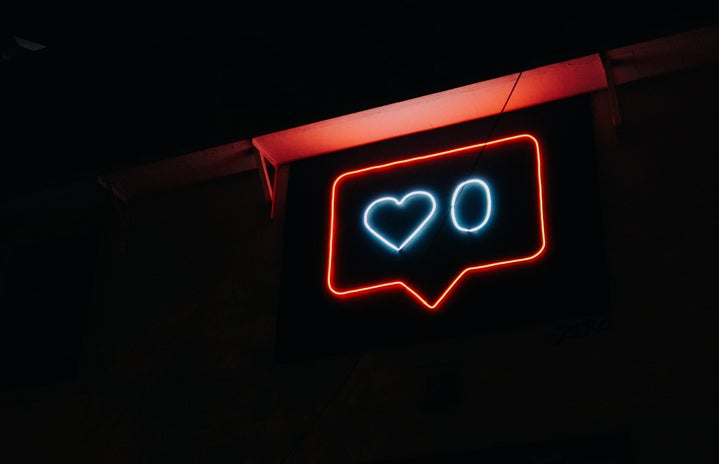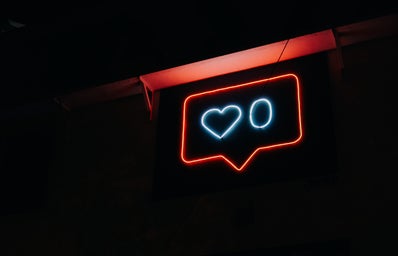In recent years the internet has developed into a useful tool for grass roots resistance and uniting previously overlooked groups across the globe. Movements such as #MeToo and Time’s Up have demonstrated just how powerful an online community can be in pushing for real change against previously untouchable groups of people. The flipside of this positive force is the so called ‘call out culture’ and the trend of cancelling celebrities which has emerged with it. The reputation of celebrities can easily be destroyed by one angry person on the internet who sounds persuasive enough for no one to bother fact checking them, and once the cancelling ball starts rolling it’s very hard to bring it to a stop. Unlike movements which level serious allegations, cancelling tends to pick apart the personality of the individual, often seeming to take details out of context in an attempt to ruin a celebrities’ reputation. Although it seems a little random, there is an emerging pattern of looking to tear down celebrities who have been put on pedestals and glorified in the past.
An example which encapsulates this is rapper Cardi B, who for a while was praised for her apparent ‘honesty’ and ‘keeping it real’. Now people call her transphobic for things that she’s said online, but a quick google search shows that the basis of that accusation was a former member of her team posting a transphobic meme to Cardi B’s Facebook page, which the rapper claims to have nothing to do with. Similar things can be said for other female music artists such as Dua Lipa or Ariana Grande, who for a while could do no wrong; they were progressive feminists or LGBTQ+ symbols, called ‘Queens’ on Twitter and held up as role models for young people. It seems that there is a trend of placing unbelievable pressure on young female celebrities to be the perfect role model, only when they become ‘too’ famous the tide of popularity turns and finds any way to tear them down.
While there are many positives to being able to hold celebrities accountable for what they say or do as opposed to viewing them as beyond human, it is important to remember that everyone makes mistakes. If one slip of the tongue can ruin a career and every single bad action is irredeemable, what is the motivation for anyone to learn and improve. The internet brings a level of permeance to people’s mistakes that has never been experienced before. Any slight wrongdoing is immortalised for the world to see and remember at any time in a person’s career, no matter how far they’ve moved from it. James Gunn was fired from the Guardians of the Galaxy movies after offensive tweets he sent before he was originally hired to work on the series caused online backlash. While the tweets were undeniably wrong, they had been deleted and Gunn had already apologised for them earlier in his career. The nature of the internet means that no matter how much people apologise or change, there seems to be no escape from the past. It is no bad thing for ordinary people to be able to hold those in positions of power accountable for their actions, but in the case of celebrities many ‘cancellations’ seem to be the result of a personal dislike that spirals into an internet hate storm.
The real issue with call out culture, though, is that it is symptomatic of an emerging internet culture which as a society we are yet to work out how to manage. The novelty of this power we all suddenly are able to access can be overwhelming, and the boundaries are yet to be established. Not only is it used irresponsibly, but by using terms like ‘cancelling’, people on the internet open themselves up to ridicule. It’s hard to take the pronouncement that someone is ‘cancelled’ seriously, especially when it is often used flippantly and on the basis of little research. Cancelling undermines the power that the internet could have in bringing about real change. When online communities use their new-found voices irresponsibly, it illegitimates groups using the internet to try and achieve real good in their communities. It’s very easy to be swept up in the rush of an internet craze, but it’s important for all of us to remember that we are just as responsible for what we say online as we are in the real world.



